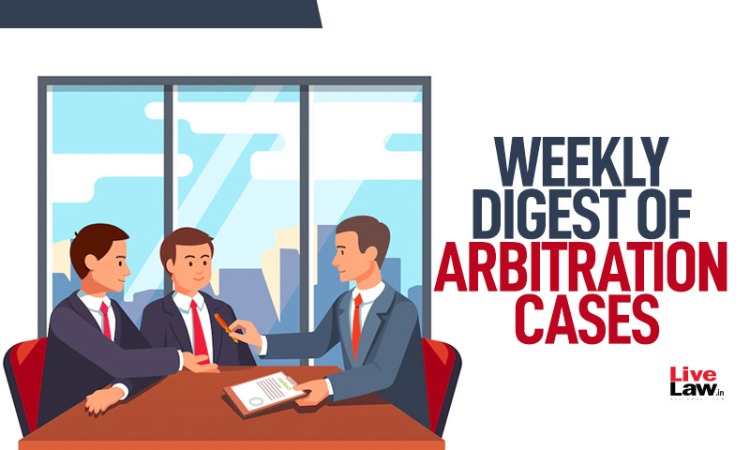Next Story
5 March 2024 11:15 AM IST
Supreme Court Court May Refuse To Appoint Arbitral Tribunal If S.11(6) Petition Is Barred By Limitation Or Claim Is Ex-Facie Time Barred : Supreme Court Case Title: M/s Arif Azim Co. Ltd. Versus M/s Aptech Ltd., ARBITRATION PETITION NO. 29 OF 2023 In a recent ruling, the Supreme Court held that the Limitation Act, 1963 is applicable to proceedings for appointment of...

